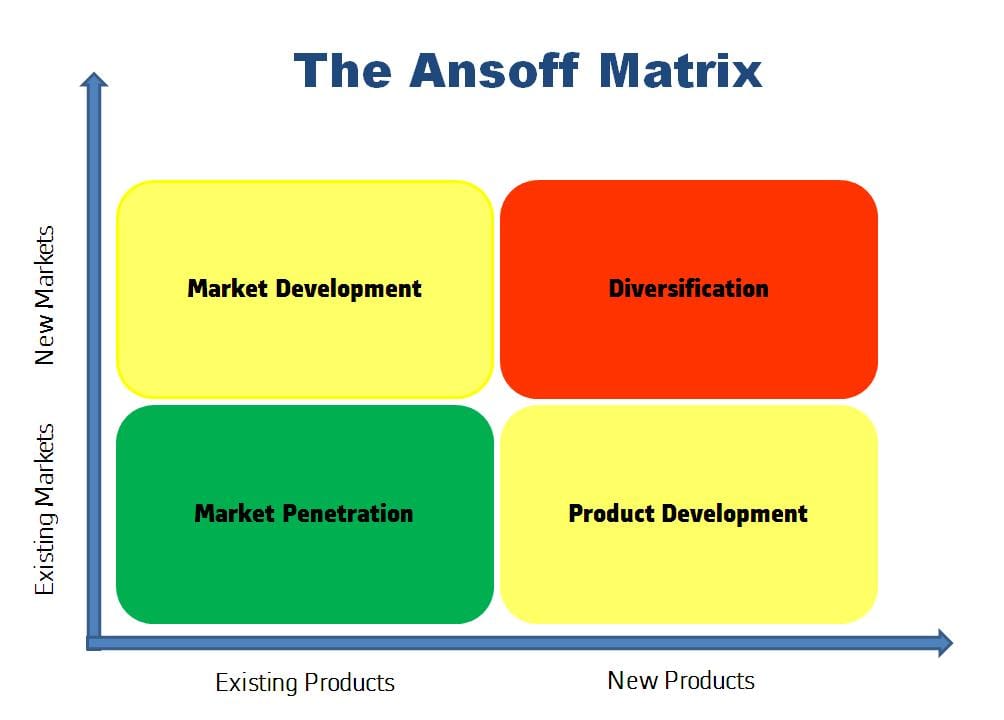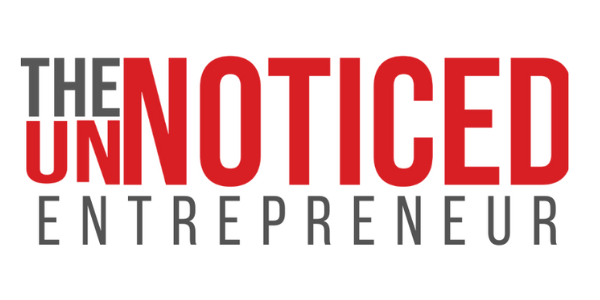Startup vs. Mature Business Marketing: what’s the difference?
Startup vs. Mature Business Marketing: Strategies for Every Stage of Growth are different.

The difference in marketing strategy between a startup and a mature business is like comparing building a fire from scratch to keeping a roaring fire burning. Each requires a different approach, tools, and mindset.
Over the years, I’ve had the privilege of interviewing over 400 entrepreneurs from across the globe on The UnNoticed Entrepreneur podcast, each sharing their unique journeys, strategies, and lessons learned.
Combined with my own 30 years of experience running a multi-office company and consulting with hundreds of clients, I’ve gathered a wealth of insights into what it takes to grow, adapt, and thrive in business.
For Startups:
Focus on Finding Product-Market Fit: Startups are still figuring out who their ideal customers are and what resonates with them. Marketing here is experimental—testing different messages, channels, and offers to see what sticks. Think of it as throwing spaghetti at the wall to see what sticks, but with a bit more structure!
Start with low-cost, high-impact channels like social media, content marketing, and partnerships.
Use direct feedback loops—talk to customers, run surveys, and iterate fast.
Build Awareness on a Budget: Startups often have limited resources, so guerrilla marketing tactics, organic content, and leveraging personal networks are key. It’s about being scrappy and creative.
For example, you might focus on creating a viral social media campaign or hosting a small, targeted event.
Establish Credibility: As a new player, trust is your currency. Sharing customer testimonials, case studies, or even your founder’s story can help build that trust early on.
Measure Everything: Startups need to know what’s working and what’s not—quickly. Use tools like Google Analytics or HubSpot to track performance and double down on what drives results.
For Mature Businesses:
Optimise and Scale: Mature businesses have already found their audience and proven their value. Now, it’s about scaling what works and optimising for efficiency.
Invest in paid advertising, marketing automation, and sophisticated content syndication to reach a larger audience.
Focus on refining your funnel—improving conversion rates at every stage.
Leverage Brand Equity: A mature business has an established reputation, which can be a powerful asset. Use it to expand into new markets or launch new products.
For instance, a mature business might run a campaign highlighting its legacy or expertise in the industry.
Deepen Customer Relationships: At this stage, it’s not just about acquiring new customers but retaining and upselling to existing ones. Loyalty programs, personalised marketing, and consistent communication become crucial.
Build emotional and social connections with customers by solving their problems effectively and positioning this as a core part of your value proposition.
Expand Geographically or Demographically: Mature businesses often look to grow by entering new markets or targeting new customer segments. This requires more strategic planning and market research.
The Ansoff Matrix is the standard model for thinking through short term and long term growth options.

In short, startups are about discovery and experimentation, while mature businesses are about refinement and expansion.
Where do you see your business fitting into this spectrum?
That’ll help us pinpoint the right strategies for you.
You can carry on the conversation with my digital twin by clicking the button below.





